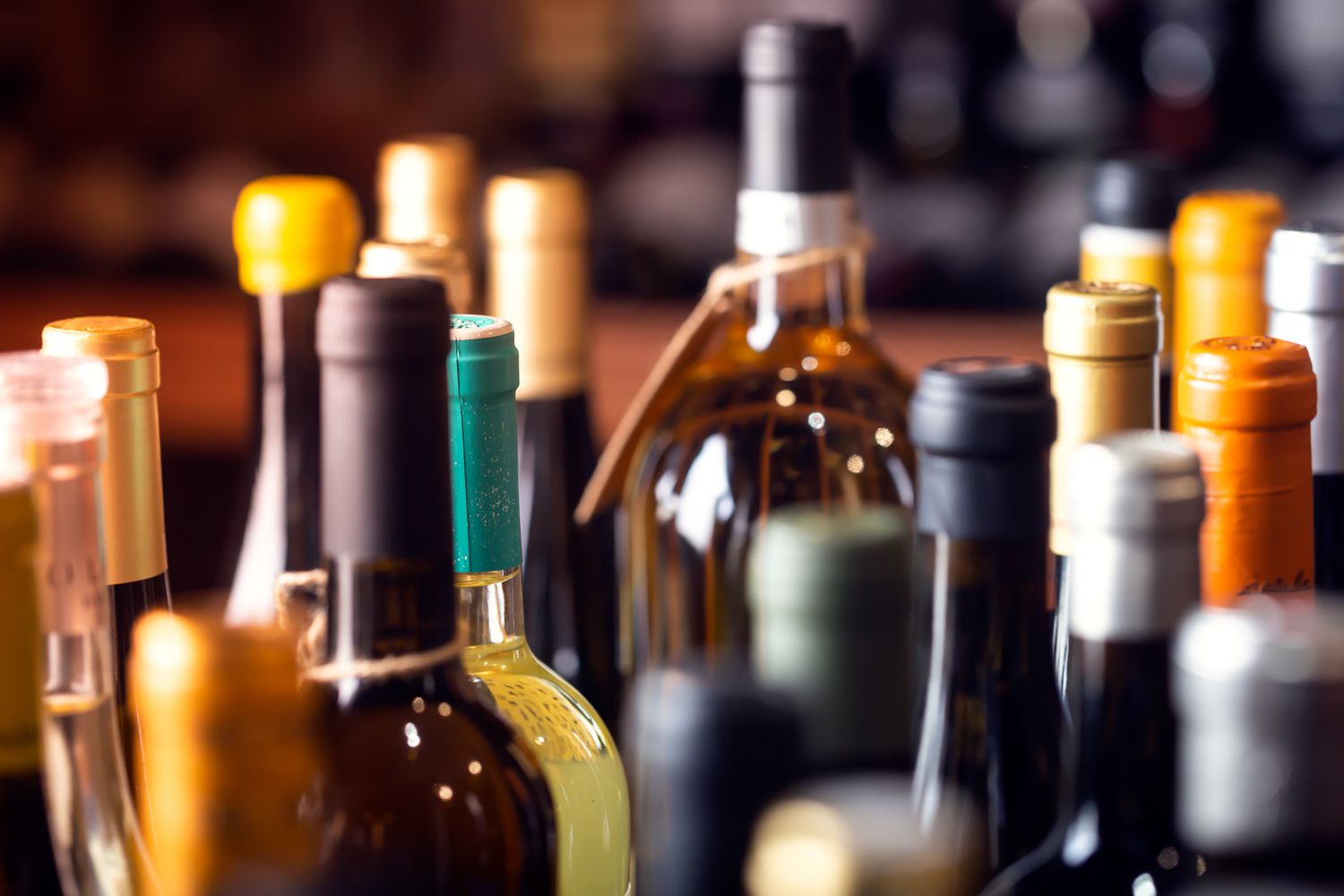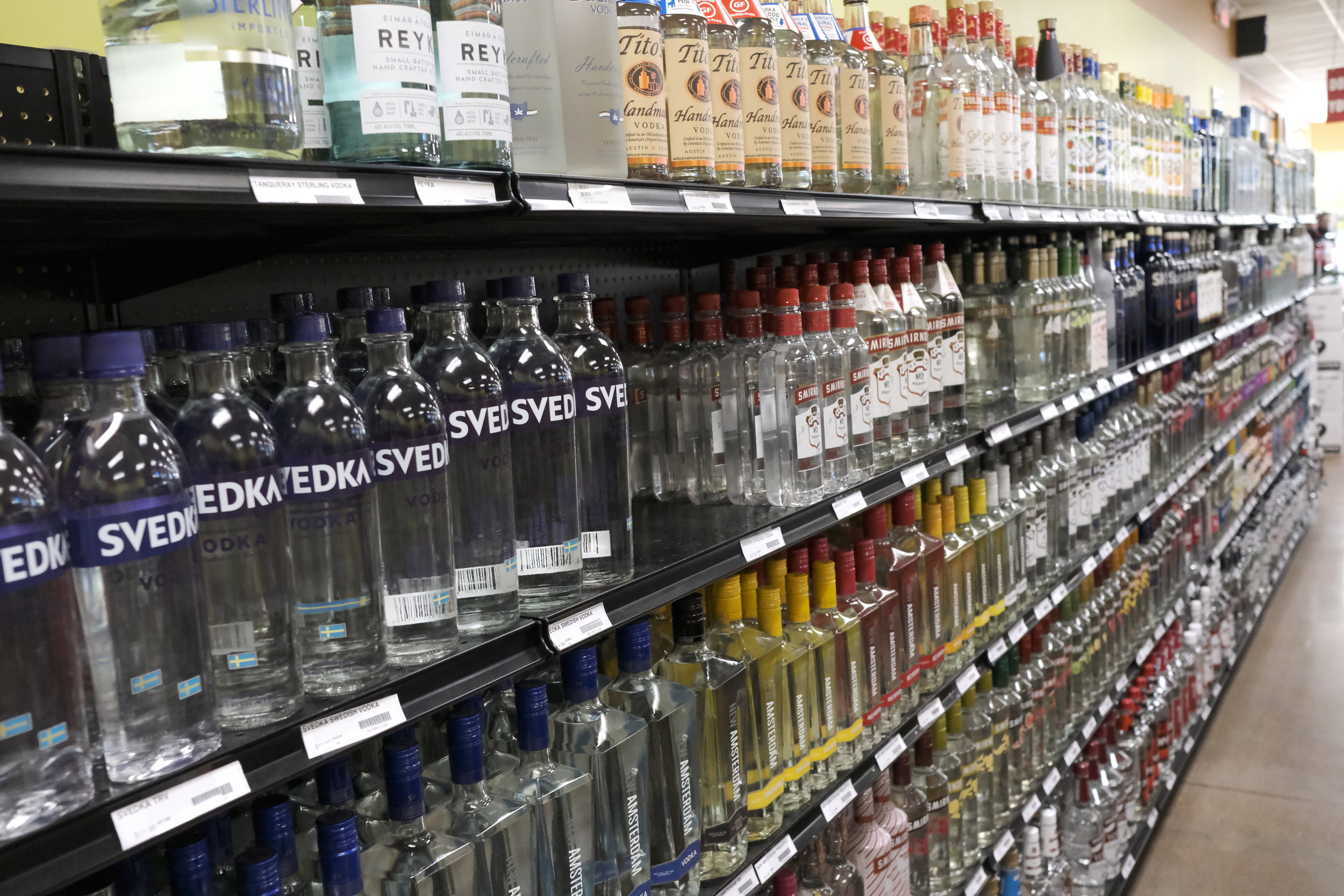To be considered liquor, a beverage must be distilled and have alcohol in it. Since little to no sugar is added during the distillation process, hard alcohol naturally has a high alcohol content. On the label of liquor bottles, the proof and alcohol content are listed. The percentage of the alcoholic beverage’s alcohol by volume is the proof, which is the percentage multiplied by two. Beer and wine are not regarded as hard alcohol because they are not distilled beverages. If you’ve only ever had beer or wine, you shouldn’t worry because liquor has a higher alcohol content. When employing hard alcohol, the additional ingredients in a mixed drink help to lower the overall proportion of alcohol. You can adjust the non-alcoholic ingredients to your preference if you prefer a gentler or stronger cocktail. As the whiskey ages in wood barrels, typically made of oak, it develops a taste that is almost burnt in addition to having a wine-like flavour. Wine typically has between 35 and 60 percent less alcohol than brandy. Brandy is a classy spirit that is usually paired with a few additional ingredients in a mixed cocktail. The traditional alcoholic beverage is made everywhere, but the Cognac region is the only place where brandy’s French equivalent may be made. Any choice you make will surely result in a classic cocktail with a rich, fruity flavour profile. Vodka typically doesn’t age and maintains its clear colour, unlike brandy. The alcoholic content of vodkas ranges from 40% to 50%. ShopSK.com is one such liquor retailer in Los Angeles.
Types of liquor available at ShopSK
Let’s start with the fundamentals: liquor is an alcoholic beverage created by distilling a substance that has undergone fermentation. If you don’t understand what fermentation or distillation are, that probably sounds ludicrous to you. Here are a few incredibly simple justifications:
Alcohol is produced during fermentation by turning carbohydrates into ethanol. This method is used to create cider, wine, and beer. Distillation is an additional step in the process. Distillation transforms fermented beverages into significantly stronger versions of themselves by separating the alcohol from the water. When the water is taken out, the alcohol in the liquid becomes substantially more concentrated. As a result, it is referred to as “hard liquor.” due to the fact that alcohol-containing beverages with a higher concentration remain after distillation.


